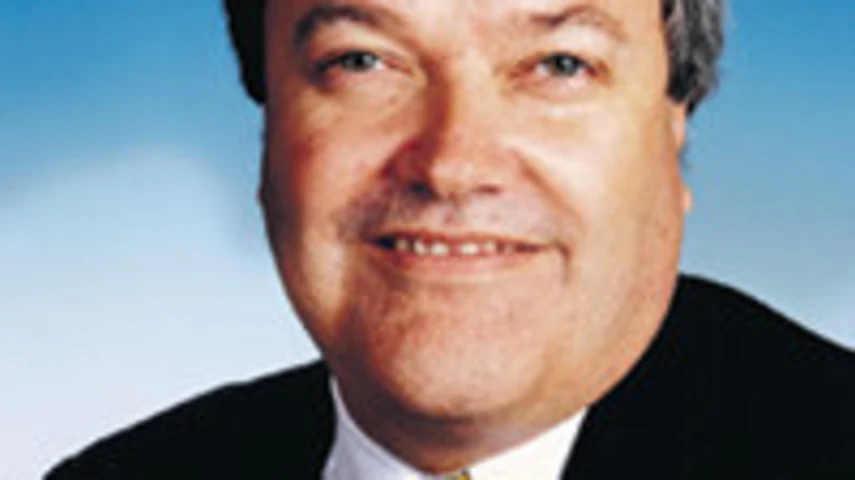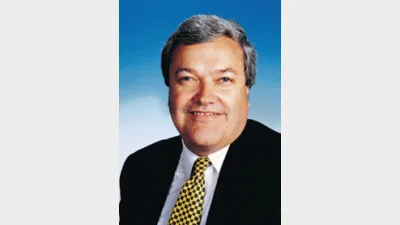Financial planner education needs consensus



As debate heats up over the Australian Securities and Investments Commission's (ASIC's) proposed educational guidelines for financial advisers, training providers argue that a push for higher education will not fix the inherent discrepancies in educational standards.
In an effort to lift industry assessment standards, the Financial Planning Association (FPA) of Australia is currently requiring all new financial advisers to undertake a Certified Financial Planner (CFP)-accredited undergraduate degree by 1 July 2013 in order to be recognised as an associate financial planner.
Pinnacle managing director John Prowse believes a key element in raising the standard of financial adviser education is recognising that the Diploma of Financial Planning (the current benchmark) has been carelessly issued by some recognised training organisations (RTOs).
Training regulators often allow some RTOs to use a "tick and flick" method for issuing diplomas and certified professional development (CPD), he said.
Under the proposed three-tiered approach outlined in ASIC's consultation paper (CP) 153, financial advisers will be required to complete a national examination assessment, a 12-month supervisory period, and a knowledge review within two years of undertaking the exam - and every three years thereafter.
Prowse said he has long supported ASIC's proposed national exam because there is an inherent conflict of interest involving educators who set their own training requirements. However, this issue does not get resolved by making university-level education the minimum requirement for all financial planners, he said.
"If you set a standard and don't police that standard, it doesn't do any good to set the standard in the first place," he said.
A three-year degree followed by a year of supervision is too excessive for a normal financial planning job, he added.
According to CP153, the regulatory body does not currently "have the expertise, or the resources, to administer a national exam".
It has proposed "outsourcing the administration of the exam to a commercial exam provider, through a tender process" involving industry representatives, education providers and members of the Advisory Panel on Standards and Ethics.
Prowse said that while the FPA has made some attempt at facilitating an industry standard for education, it should ultimately be the responsibility of the government, and he opposed having an industry body gain legal status.
In regards to ASIC's proposed 12-month monitoring of new financial advisers, Prowse argued that an accreditation process for authorised supervisors was needed.
According to FPA chief professional officer Deen Sanders, however, the Government should not provide additional legislation in assessment and education of financial planners. He said it would be better for the industry to take "an optimistic and positive" stance on financial adviser education.
"When you seek to identify yourself as a professional, people assume you have a degree qualification," he said.
"There will be, we don't doubt, room in the marketplace for people with vocational qualifications or other regulatory-aligned qualifications rather than professional ones."
Sanders said there would always be financial advisers who chose not to necessarily embrace the full professional identification or obligation that the FPA is seeking to enshrine with the 'financial planner' designation - and this would be the distinction in the industry.
Recommended for you
The central bank has released its decision on the official cash rate following its November monetary policy meeting.
ASIC has cancelled the AFSL of a Melbourne-based managed investment scheme operator over a failure to pay industry levies and meet its statutory audit and financial reporting lodgement obligations.
Melbourne advice firm Hewison Private Wealth has marked four decades of service after making its start in 1985 as a “truly independent advice business” in a largely product-led market.
HLB Mann Judd Perth has announced its acquisition of a WA business advisory firm, growing its presence in the region, along with 10 appointments across the firm’s national network.











